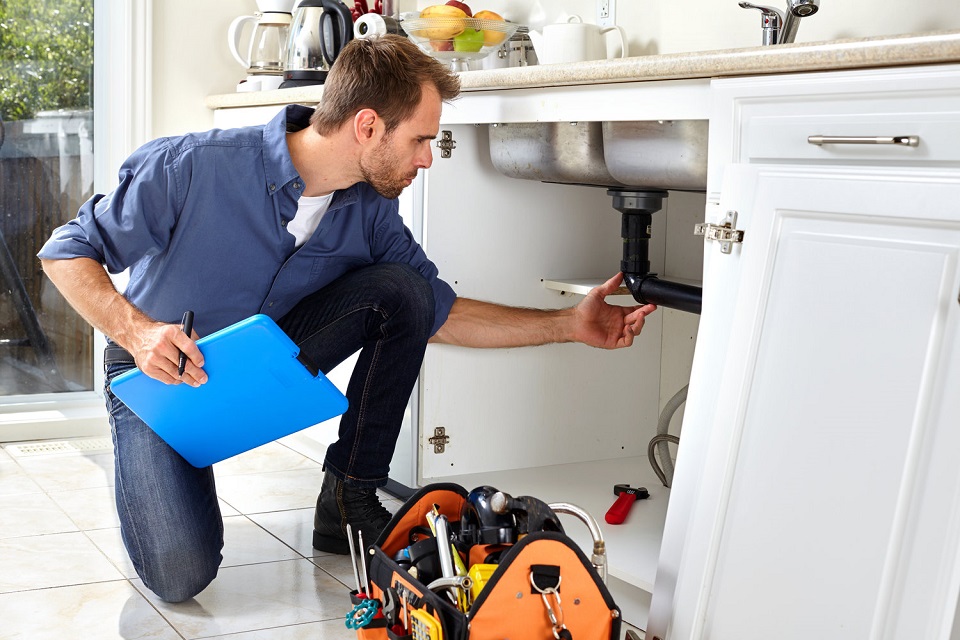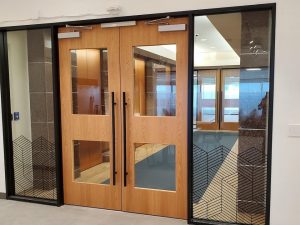A faulty plumbing system can cause expensive damage to your home and threaten your family’s health. Maintaining your home’s plumbing systems prevents these problems and keeps you safe. Plumbers face various challenges on the job, including working in tight spaces and dealing with dangerous chemicals. They also work with sharp tools that can lead to injury if not handled properly.
Water Treatments & Filtration
The role of plumbers is crucial to helping keep homes safe and healthy by ensuring water is of high quality. This can include testing for odors, hardness, and other contaminants that may be present in the home’s water supply.
Plumbers can also help install and repair appliances and fixtures such as bathtubs, showers, sinks, and dishwashers. They can also work on more complicated systems such as water or sewage treatment plants and waste disposal units.
Water Heater Installation
Your water heater is a big appliance with the potential for dangerous problems. Whether you are electric, gas, or without a tank, leaking hot flammable gases (perhaps containing carbon monoxide) can cause serious harm or even death to loved ones. A plumber is more prepared to handle these circumstances and can safely carry out repairs.
Replacing a water heater is a challenging DIY project. It requires plumbing connections, electrical hookups and a venting connection for gas models. You will also need a tool kit including pipe wrenches, tubing cutters and a soldering iron. This job is best left to a professional Seattle plumber who can adhere to regional safety rules and codes for your water heater unless you have the required tools and expertise.
Moreover, improper installation can lead to dangerous back-drafting, where combustion fumes, possibly containing deadly carbon monoxide, are drawn into your home. This can be especially dangerous with older gas water heaters.
Water Leak Detection
Water leak detection helps protect your property from damage and saves you money. It identifies even the smallest leaks to fix them before they lead to water stains and other telltale signs of flooding or excessive moisture.
A leaking spigot or toilet flap may only cost you pennies per month, but over a year, it can add up to a huge increase in your water bill. Water leak detection devices measure microscopic water pressure changes 240 times per second to recognize the unique “voice” of each fixture in your home and alert you to any problems.
Some water leak detection systems are programmable and can automatically shut off your water when they detect abnormal flow patterns. They are a great choice for homeowners who wish to use the amenities in their homes while conserving water and lowering their monthly utility costs.
Sewer Backup Detection
Sewage backups are not only messy and smelly, but they can also pose serious health risks. Contact with sewage can lead to vomiting, diarrhea, and dehydration, potentially life-threatening for older adults, children, and anyone suffering from respiratory issues.
Many sewer problems are caused by humans, including flushing items that won’t disintegrate, like baby wipes, cotton balls, and tampons. The clogs from these materials can block wastewater lines and cause a backup.
A blocked main sewer line can also result from a rip in the bar or a tree root system that has invaded it. A camera inspection can help you identify if these problems are present, and a plumbing contractor can install a check valve to prevent future blockages.
When a sewage backup occurs, you should seek emergency sewer services immediately. Any contaminated surfaces must be thoroughly cleaned, and any clothing or rugs that come into contact with sewage should be washed in hot water for at least 10 minutes to kill the bacteria.






Leave a Reply